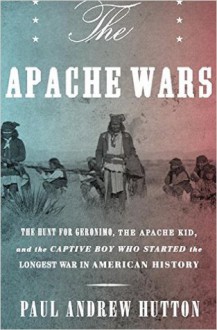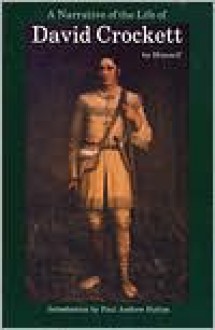
In the tradition of Empire of the Summer Moon, a stunningly vivid historical account of the manhunt for Geronimo and the 25-year Apache struggle for their homeland
They called him Mickey Free. His kidnapping started the longest war in American history, and both sides--the Apaches and the white invaders—blamed him for it. A mixed-blood warrior who moved uneasily between the worlds of the Apaches and the American soldiers, he was never trusted by either but desperately needed by both. He was the only man Geronimo ever feared. He played a pivotal role in this long war for the desert Southwest from its beginning in 1861 until its end in 1890 with his pursuit of the renegade scout, Apache Kid.
In this sprawling, monumental work, Paul Hutton unfolds over two decades of the last war for the West through the eyes of the men and women who lived it. This is Mickey Free's story, but also the story of his contemporaries: the great Apache leaders Mangas Coloradas, Cochise, and Victorio; the soldiers Kit Carson, O. O. Howard, George Crook, and Nelson Miles; the scouts and frontiersmen Al Sieber, Tom Horn, Tom Jeffords, and Texas John Slaughter; the great White Mountain scout Alchesay and the Apache female warrior Lozen; the fierce Apache warrior Geronimo; and the Apache Kid. These lives shaped the violent history of the deserts and mountains of the Southwestern borderlands--a bleak and unforgiving world where a people would make a final, bloody stand against an American war machine bent on their destruction
what did I think of it:
This is the first time I've ever read any Paul Andrew Hutton books and now that I have , I have to say that with this one The Apace Wars, he has written a gripping story that is fast past nonstop page turner and very emotional. He has a way that he brings to life and off the pages the history and struggle of the Apaches . If you love history then you will love The Apache War, because I did, with that said I would love to say thinks to Blogging for Books , as well as to the book publishers and Mr. Hutton for giving me a change to read this great book in a change for my honest opinion

 Log in with Facebook
Log in with Facebook 







